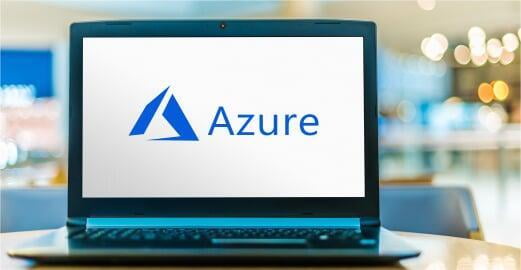Why would businesses want to trust their data, their livelihoods actually, to the cloud? It's not on site, it's not under your own management and there have been several massive data breaches over the years.
Isn't it safer to just build and maintain your own in-house infrastructure and retain custody of your critical data?
While this might seem like a simple and logical solution, there are other factors that should be considered when evaluating an on-premise strategy, not the least of which are the following data security issues.
Aside from the above security concerns, there are some primary disadvantages to the "do-it-yourself" approach that you need to be on a lookout for.
A better way does exist
Moving to the cloud addresses all of the above negatives and gives small and medium-sized businesses the advantages they never had before. For example, the Microsoft Azure Cloud will allow small and medium-sized businesses to do so much more than they could do affordably on their own.

And speaking of great Azure consultants...
It would be disingenuous to claim that all this can happen at the snap of your fingers. Migration to the cloud is serious business. It represents a sea change in your business strategy and should not be taken upon without a team of experts to help you. At Credexo, the cloud isn't just about cost reduction and security. It's about optimization, making all your business processes run smoothly and maximizing your opportunity to increase your revenue. Credexo looks at the cloud as a vehicle to achieve the following:
